Well, as ChatGPT (or similar tools) knows everything and nothing, I need to get the tool to understand a bit more about me before we get going. I’ll briefly explain the organization's industry, products/services, size, history, culture, and any other relevant background details. This gives the AI foundational knowledge, and the results are so much better. Here’s how you can do it.
(And for the love of god, remember
NOT to share sensitive information)
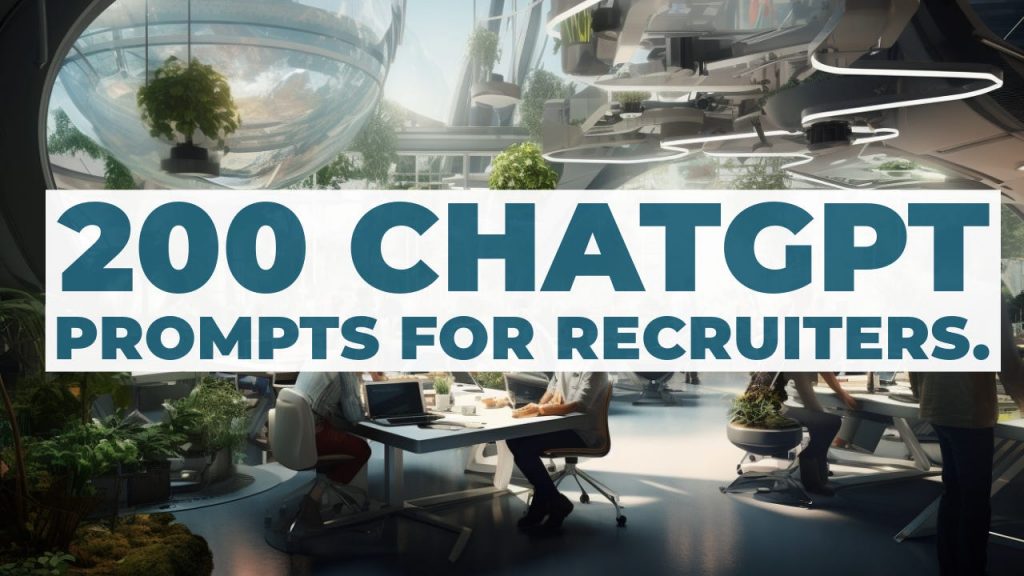
- Offer key company materials - Provide links to or copies of annual reports, press releases, case studies, marketing brochures, leadership bios, recent news articles, etc. This immerses the AI in how your company communicates and describes itself. (Yes, you might have to copy-paste here)
- Highlight unique language - Point out any company or industry-specific lingo, acronyms, slogans, or branding terminology frequently used in your context. This allows the AI to converse using natural company diction.
- Name competitors - List 3-5 of your top competitors in the market. Understanding adjacent players provides helpful context.
- Outline leadership - Provide a brief overview of the CEO, executive team, founders, and any key employees. Details on key leaders provide perspective.
- Summarize culture - Explain your values, mission, ethics, remote/in-office policies, perks, and anything that captures your organization's personality. This ensures prompts align with your culture.
- (If the tool is connected to the internet) Share your website - Supply the URL for your company's website. Recommend the AI reviews the About Us, Careers, and any other pertinent pages to learn more.
- (If the tool is connected to the internet) Share your social media - Supply links to company social media pages on LinkedIn, Twitter, Instagram, etc., to reveal culture, initiatives, events, and employee advocacy.
The copy-paste button will be hot after this, but I promise it will be worth it.
But that said, here’s a video where I show how to use prompts like the ones I’m sharing in this post. See all of this as inspiration; I’m not aiming to solve all your recruitment problems with ChatGPT or similar tools; no, I see this as a way to get going. To get started. It’s a vehicle to get your mind to a place where you see possibilities with this technology.
Prompt examples from the video:
Please write a detailed 550+ word job description for a Social Media Manager at an e-commerce startup seeking growth on Instagram and TikTok. Include responsibilities like developing campaigns, content creation, community management, monitoring engagement metrics, and project management. Highlight required skills like creativity, collaboration, analytical abilities, communication expertise, and extensive knowledge of algorithmic feeds.
Give me 10 targeted keyword search strings to find experienced social media managers with e-commerce expertise in Austin, Texas, on LinkedIn. Also, suggest 3 creative sources beyond job boards for sourcing relevant candidates.
Please provide 10 prescreening questions to evaluate skills and experience for a startup’s Social Media Manager opening through an online form.
Create an hour-long in-person interview template for a startup's final round Social Media Manager interview. Include 8-10 questions that assess hard and soft skills in a conversational way.
Please provide 5 suggestions for improving my startup's current interview process for hiring social media managers. How can we more efficiently and accurately assess candidates?
Please propose 5 creative, out-of-the-box ideas for sourcing qualified Social Media Manager candidates beyond traditional job board listings.
Recruitment Prompts
Here’s the list of the 200 prompts. Just like with the last list, see them as inspiration to get your mind to grasp the potential of generative AI tools. You can ask them almost anything when it comes to recruitment.
Job Analysis
- Please analyze this job description and highlight the key responsibilities, required skills, and qualifications needed.
- What are generally the most critical tasks and outcomes for the role of [job title]?
- What certifications or licenses are legally required for a [job title] in [location]?
- What soft skills are most important for [job title] at our company?
- Help me understand the day-to-day responsibilities of a [job title] at our organization.
- What are the most physically or mentally demanding aspects of a [job title] role?
- What stakeholder relationships would a [job title] need to manage effectively in this role?
- How could we best evaluate the job performance of a [job title] in their first year?
- What changes in technology or industry practices are impacting the role of [job title] currently?
- How could a [job title] position evolve or change responsibilities over the next 3-5 years at our company?
- What aspects of company culture or values are most important for a [job title] hire?
- What challenges might a new [job title] face transitioning into this role? How could we mitigate these?
- Could you provide a detailed breakdown of the workflow and key outputs for a [job title] on a weekly basis?
- What metrics would an ideal [job title] regularly track to assess their performance?
- What qualifications or background experiences tend to prepare candidates well for [job title] roles?
- What potential knowledge gaps should we anticipate providing training on for new [job title] hires?
- How much supervision or guidance do high performers in [job title] roles typically require day-to-day?
- What characteristics of top [job title] talent could we highlight to stand out to candidates?
- What attributes make candidates risky hires for [job title] roles at our organization?
- How could we get internal stakeholders involved in helping analyze requirements for [job title]?
Forecasting
- Based on our current team size of [x] and growth plans to expand by [y]% this year, how many additional [job title] hires will we need in the next 6 months?
- If we expect [x] employees to leave our organization annually, how many [job title] replacements should we anticipate hiring per quarter?
- Our industry growth projections estimate a [x]% increase in demand this year. How many additional [job title] hires does this indicate we should budget for?
- We expect [x] new projects launching this year that will require [job title] support. How many hires does this equate to based on bandwidth requirements?
- What external data sources could provide helpful benchmarks for forecasting our [job title] hiring needs over the next 3 years?
- How could we survey internal departments to forecast [job title] talent needs for upcoming initiatives?
- What methodologies do leading firms use to accurately forecast staffing needs for roles like [job title]?
- How far in advance should we aim to forecast and budget our hiring needs for [job title] to secure top talent?
- What seasonal or cyclical factors should we consider when planning [job title] hiring throughout the year?
- How could we build a forecast model to size hiring needs for [job title] based on business drivers like sales, production, etc?
- What is the optimal ratio of [job title] to other roles like [role] or [role] at organizations like ours?
- What is the expected churn or attrition rate for [job title] at comparable companies? How could this inform our hiring plans?
- How should we factor in potential economic changes into our [job title] hiring forecasts for risk planning?
- What organizational metrics or KPIs would be useful leading indicators to anticipate increased hiring demand for [job title]?
- How can we create contingency plans for staffing [job title] in case of unexpected needs outside our projections?
- What processes do leading firms use to update and validate their hiring forecasts frequently?
- How could we leverage AI, machine learning, or people analytics to improve [job title] hiring forecasts?
- What stakeholder input should we gather to make accurate [job title] hiring forecasts?
- How far ahead do recruitment cycles typically run for specialized roles like [job title]?
- What historical or benchmark data could we analyze to make data-driven [job title] hiring forecasts?
Drafting Job Descriptions
- Please draft a 500 word job description for a [job title] at our company. Include key duties, required qualifications, and preferred skills.
- What are 5-7 must-have hard skills and capabilities for an ideal [job title] candidate at our organization?
- What soft skills and personality traits tend to result in success for [job title] at our company? Please incorporate 3-4 examples.
- Please develop a prioritized list of the top 10 qualifications and competencies needed in a [job title] hire at our firm.
- What technologies, tools, or instruments should we highlight as required expertise for [job title] candidates? Please list the 5 most essential.
- What level of education or experience should we require for [job title] candidates?
- What specialized certifications or licenses should we indicate are mandatory for [job title]?
- What soft skills like communication, teamwork, problem-solving are essential for [job title] at our organization? Please include 3-4 examples.
- What attributes reflect the ideal culture fit for a [job title] candidate?
- How could we emphasize continual learning and development opportunities in the [job title] description?
- What achievements, accolades or experiences would stand out on the resume of a top [job title] candidate? Please include 2-3 examples.
- What departments, teams or stakeholders would a [job title] collaborate closely with? How can we reflect this cross-functionality?
- How can we convey our organization's unique mission, values and culture in the [job title] description?
- What specific accomplishments should a [job title] in this role aim to achieve in their first 6-12 months?
- What challenges might a [job title] undertake at our rapidly scaling organization? How could we briefly reference growth opportunities?
- What visibility or audience should the [job title] description target - active or passive candidates? Internal team members? Please advise.
- What sample responsibilities could we highlight that utilize top-of-license skills for [job title]?
- Should we emphasize broader scope or specialization in the [job title] description? Please provide guidance.
- What requirements may deter otherwise qualified [job title] candidates? How might we reduce unnecessary barriers?
- Beyond hard skills, what example behaviors or mindsets could a stellar [job title] bring to this role?
Sourcing and Advertising
- What Boolean search string would you recommend on LinkedIn to source passive candidates for [job title] in [city]?
- Please suggest 5 niche job boards or online communities we should post our [job title] opening to reach qualified candidates.
- What information should we highlight about our employer brand and culture to attract top [job title] talent on social media?
- What universities or academic programs produce strong talent pipelines for [job title] roles? Please list the top 5 recommendations.
- If our ideal candidate is currently employed at [company], what employee referral incentives or campaigns could attract referrals from that organization?
- What local networking or industry events would be worth sponsoring to gain visibility among [job title] talent?
- Should we focus our sourcing for [job title] on active or passive candidates? What strategies would you suggest for each?
- What skills or traits possessed by our current top [job title] performers could we target in sourcing new candidates?
- Beyond job boards, what are 3 innovative ways we could source and engage prospective [job title] candidates?
- What messaging or content strategy could we use via social media to interest passive [job title] prospects? Please provide 2-3 examples.
- Which organization branding elements or achievements would attract high quality [job title] candidates? How should we feature these?
- What recruiting events, hackathons or competitions could we sponsor to connect with promising [job title] prospects still in school?
- How could current employees get incentivized to refer their networks for our open [job title] roles?
- What sourcing channels would enable us to target more diversity among our [job title] candidates?
- How could we better engage prospective [job title] candidates throughout the advertising and sourcing process? Please provide 2-3 strategies.
- What unique value proposition could we highlight to make our [job title] role stand out versus competitors?
- Which past or present employees could serve as influencers to endorse our employer brand to [job title] prospects online?
- What creative multimedia content formats might captivate and inform potential [job title] talent about our culture and opportunities?
- Where could we strategically advertise our employer brand storytelling content to attractively showcase our [job title] opportunity to top talent?
- What differentiating factors or achievements make our company culture compelling to [job title] prospects? How can we highlight these?
Application Collection and Screening
- Please develop a preliminary online application form with 6 screening questions to evaluate basic qualifications for [job title] candidates.
- What are 5 red flags or disqualifiers in a [job title] resume or application that should warrant immediate rejection?
- If we receive 250 applications for a [job title] opening, what is a realistic timeline and process for screening this down to 50 qualified candidates for interviewing?
- What are 3 capabilities of software tools like [ATS name] that can automate or simplify the candidate screening process for high volume roles like [job title]?
- How could we effectively screen a high volume of [job title] applications within one week? Please provide a detailed process.
- What information or evidence should we request from [job title] applicants to preliminarily evaluate abilities?
- How could we efficiently evaluate [job title] work samples or portfolios at the application screening stage?
- What are 5 essential screening criteria we should use to identify the most promising [job title] applicants?
- What objective minimum qualifications for [job title] could we establish to filter out underqualified applicants?
- How might we incorporate skills testing into our [job title] application process to validate capabilities?
- What initial screening questions could help identify the best cultural fits for [job title] at our organization?
- What is an effective checklist or process our team could use to consistently evaluate [job title] applications at scale?
- Should initial [job title] application reviews assess capabilities only, or also evaluate potential and coachability? What are the pros and cons?
- How could we simplify or customize our application process for mobile and user-friendly [job title] recruiting?
- What steps or tools could help us remove unconscious bias from our [job title] applicant screening process?
- How should we handle applicants who lack the required qualifications for [job title] but have transferable skills from adjacent roles?
- What selective criteria beyond experience and education may indicate a high potential [job title] candidate?
- Which screening tasks or workflows for [job title] could we consider automating to increase efficiency?
- What legal or ethical considerations should we keep in mind when screening [job title] applicants? Please explain 2-3 key areas.
- How could we leverage data analytics or AI to identify the most promising [job title] applicants at the screening stage?
Assessment and Selection
- What are 5 aptitude or skills tests relevant to assessing capabilities for [job title] candidates?
- Please provide guidance on developing a structured 30 minute interview process and template for effectively evaluating [job title] candidates.
- What are 5 important predictive indicators we should evaluate in reference checks to validate [job title] candidate qualifications?
- How could we effectively assess problem-solving abilities for [job title] candidates through a case study or exercise during interviews?
- What are 3 cognitive assessments or psychometric tests that would be useful predictors of success for [job title] hires?
- What simulations or role play scenarios could we incorporate to evaluate [job title] hard and soft skills?
- How can we assess the technical writing or documentation abilities of [job title] candidates? Please provide 2-3 strategies.
- What prescreening phone interview questions would help identify the best [job title] prospects for in-person interviews? Please share 5 examples.
- What presentation, teaching or explanation exercise could provide insight into a [job title] candidate's abilities beyond resumes?
- How can we effectively check [job title] candidates' work ethic, motivation and grit during the interview process?
- What metrics or examples from a [job title] candidate's portfolio or body of work should we evaluate?
- What assessments or tools would provide useful data on a [job title] candidate's judgment, problem-solving and decision making?
- What competency-based interview questions will reveal the behaviors, motivations and aptitudes that result in [job title] success? Please provide 5 examples.
- What hypothetical scenarios could we present to [job title] finalists to assess their analytical or creative approach?
- How can we implement a structured interview process that consistently evaluates [job title] candidates against the same criteria?
- What assessments help determine a [job title] candidate's ability to cope with a high pressure role or environment?
- Beyond task performance, what exercises or questions would offer insight into a [job title] candidate's teamwork, leadership and cultural fit?
- How can we evaluate a [job title] candidate's ability to learn and apply new technical skills throughout assessment?
- What ethical considerations are important when designing assessments and selecting [job title] candidates? Please explain 2-3 key factors.
- What legal standards or compliance factors must we ensure when assessing and selecting [job title] candidates?
Interview Process
- Please provide 8 initial phone screening questions to evaluate basic qualifications for a [job title] candidate in under 30 minutes.
- How should we structure a 60 minute in-person panel interview process for [job title] candidates to gather feedback from 5 key stakeholders?
- What is an ideal interview framework for comprehensively assessing both the hard and soft skills of a final round [job title] candidate in 90 minutes?
- What questions will best evaluate the cultural fit of a [job title] candidate during a behavioral interview? Please provide 5 examples.
- How can we design engaging case study or hypothetical exercises to assess problem-solving abilities of [job title] finalists? Please provide 2 examples.
- How should we sequence or structure the overall [job title] interview process from screening to final round? Please outline and explain your approach.
- What training, guides or other resources can help our interviewers effectively evaluate [job title] candidates? Please summarize 2-3 recommendations.
- How can we gain useful insights into a [job title] candidate's strengths and development areas from their references? Please share 5 strategic questions.
- What guidelines should panel interviewers follow to ensure fair and consistent evaluation of [job title] candidates?
- How could we enhance our [job title] interview process to reduce bias and equitable evaluate diverse candidates? Please share 2-3 strategies.
- What interview practices or questions could improve the candidate experience for [job title] applicants? Please recommend 2-3 improvements.
- How might we effectively assess the decision making skills, judgment and problem-solving capabilities of [job title] candidates through interviews?
- What methods or tools beyond resume review and interviews could enhance insights into [job title] candidates? Please recommend 2-3 supplemental assessments.
- What strategies can help us benchmark or calibrate [job title] candidate evaluation standards across interviewers and hiring managers?
- How could we implement an interview process that evaluates both current abilities and high potential for [job title] candidates?
- What fair, legal and ethical hiring practices should we ensure when interviewing and assessing [job title] candidates?
- What common interviewer biases or pitfalls should we caution against when evaluating [job title] candidates?
- How might we survey [job title] candidates post-interview to improve their experience and our hiring insights?
- What impression does our current [job title] interview process make on candidates about our employer brand? How could we enhance this?
- How can we make reasonable accommodations in our [job title] interview process for candidates with disabilities?
Decision Making
- What are 5 important criteria our interview panel should consider when debriefing and ranking [job title] candidates?
- Please provide an example scoring rubric and methodology our team could use to evaluate and compare [job title] finalists.
- How could we collect structured interview feedback in an organized, consistent way to facilitate data-driven [job title] hiring decisions?
- What are 3 potential biases or decision pitfalls we should be aware of when evaluating [job title] candidates? How can we mitigate these?
- Beyond interview performance, what additional data could provide valuable inputs into hiring decisions for [job title]?
- What steps should we take to ensure objective, consistent hiring criteria free from bias or discrimination among [job title] candidates?
- How might we incorporate skills testing, assessments or work samples into our [job title] decision process beyond just interviews?
- What stakeholder perspectives or inputs should we gather to make well-rounded [job title] hiring decisions?
- How can we implement an evidence-based [job title] hiring process focused on candidates' proven skills and future potential?
- What training could help our team recognize unconscious biases when making [job title] hiring decisions?
- How should we weight cultural fit versus skills fit when deciding on [job title] hires?
- How should we weight cultural fit versus skills fit when deciding on [job title] hires? What are the risks of overemphasizing one or the other?
- What is an ideal decision-making timeline for [job title] hiring from final interviews to offer stage? Please explain key factors.
- How can we sustain sufficient talent pipelines and optionality among [job title] candidates to allow unhurried final hiring decisions?
- What candidate data should we capture centrally throughout the [job title] hiring process to enable consistent comparisons and decisions?
- How should we define, communicate and gain alignment on ideal [job title] candidate profiles across hiring managers and interviewers?
- What decision tools or systems would you recommend to organize and track [job title] candidate assessments by multiple evaluators?
- How can we balance speed with thoughtful deliberation when making time-sensitive [job title] hiring decisions?
- What steps can we take to ensure ethical, fair and consistent decision-making among [job title] candidates?
- How might we incorporate high-potential indicators into hiring decisions for candidates who meet some but not all [job title] qualifications? When is this risky?
Job Offer
- What is the current median starting salary for [job title] with [x] years of experience in [location]?
- Please provide guidance on structuring a competitive compensation package for a [job title] hire including base pay, annual bonuses, and benefits.
- What standard components should we include in an offer letter for a [job title] position? Please provide an outline.
- What non-financial incentives or perks could we highlight to make a [job title] offer more compelling? Please provide 5 examples.
- If extended an offer for [job title], what questions or concerns might a candidate have? How should we prepare to address these?
- How could we effectively evaluate and negotiate any counteroffers made by [job title] candidates? What are key considerations?
- What sources would you recommend consulting to benchmark appropriate compensation for [job title] at our organization?
- Beyond base compensation and benefits, what other terms should we consider when structuring [job title] offer packages? Please provide 3 examples.
- What strategies and best practices should we follow when extending and negotiating job offers with [job title] candidates? Please summarize 5 key tips.
- How might we highlight growth opportunities, career development investments, and long-term earnings potential when presenting [job title] offer packages?
- What is an appropriate and compliant process for comprehensively verifying credentials, work authorization, and references for [job title] finalists before extending offers?
- What considerations should determine whether we require signing bonuses, non-competes, or other binding terms when extending [job title] offers? Please explain 2-3 factors.
- How generous should relocation and visa sponsorship packages be for [job title] roles in our city and industry? Please provide guidance.
Onboarding
- Please outline a 90-day onboarding roadmap for integrating a new [job title] hire including milestones, resources, and check-ins.
- What training programs or onboarding resources would most benefit new [job title] team members in their first 6 months?
- How should a [job title] manager structure the first week on the job for a new direct report to facilitate quick ramp up? Please provide a sample schedule.
- What are 5 cultural onboarding strategies that will best immerse new [job title] hires into our organizational values and environment?
- How can we encourage knowledge sharing between existing employees and new [job title] team members during onboarding? Please provide 3 examples.
- What onboarding resources or tools would be valuable for equipping [job title] hires ahead of their start date?
- How should we structure the 30, 60 and 90 day milestones for [job title] onboarding to ensure progress and engagement?
- What methods could we implement to continually solicit [job title] new hire feedback throughout their onboarding journey?
- How can we foster effective mentorship and coaching relationships between new and experienced [job title] team members?
- What potential knowledge gaps or risks should we proactively address through [job title] onboarding programs and training?
- How might we utilize tools like chatbots or mobile messaging to make [job title] onboarding more scalable?
- What metrics and data should we track during and after [job title] onboarding to quantify and improve its impact?
- How could we enhance collaboration between HR and [job title] department managers to deliver outstanding onboarding?
- How can we ensure onboarding provides early career development planning for [job title] roles?
- What presentation strategies would help [job title] hires successfully introduce themselves to new coworkers and departments?
- How might we structure mentor/buddy relationships to socialize [job title] new hires and make them quickly feel valued?
- What special accommodations or adaptations should we make to onboarding programs for [job title] hires with disabilities?
- How can we consistently follow up with [job title] managers to ensure high quality onboarding execution and persistence of new hire engagement?
- How should we track [job title] new hire time-to-productivity metrics to quantify and improve onboarding efficacy?
- What tactics help ensure equitable onboarding support across diverse [job title] hires? How can we mitigate disparities?
- How might we stay updated on innovations in [job title] onboarding best practices across high performing companies and teams?
- How could we increase senior leader visibility and storytelling during [job title] onboarding to inspire new hires?
- What opportunities exist for peers, not just managers, to participate in welcoming and onboarding [job title] new hires?
- What resources or support might help existing employees warmly receive and onboard [job title] new hires?
- How can we celebrate successful [job title] onboarding milestones and progress both publicly and personally?
- What mechanisms could we implement to incorporate [job title] new hire feedback into ongoing enhancement of our onboarding programs?
- How should we periodically review and refresh onboarding practices to ensure they remain optimized for [job title] roles over time?
Phew!
What prompts did I miss?

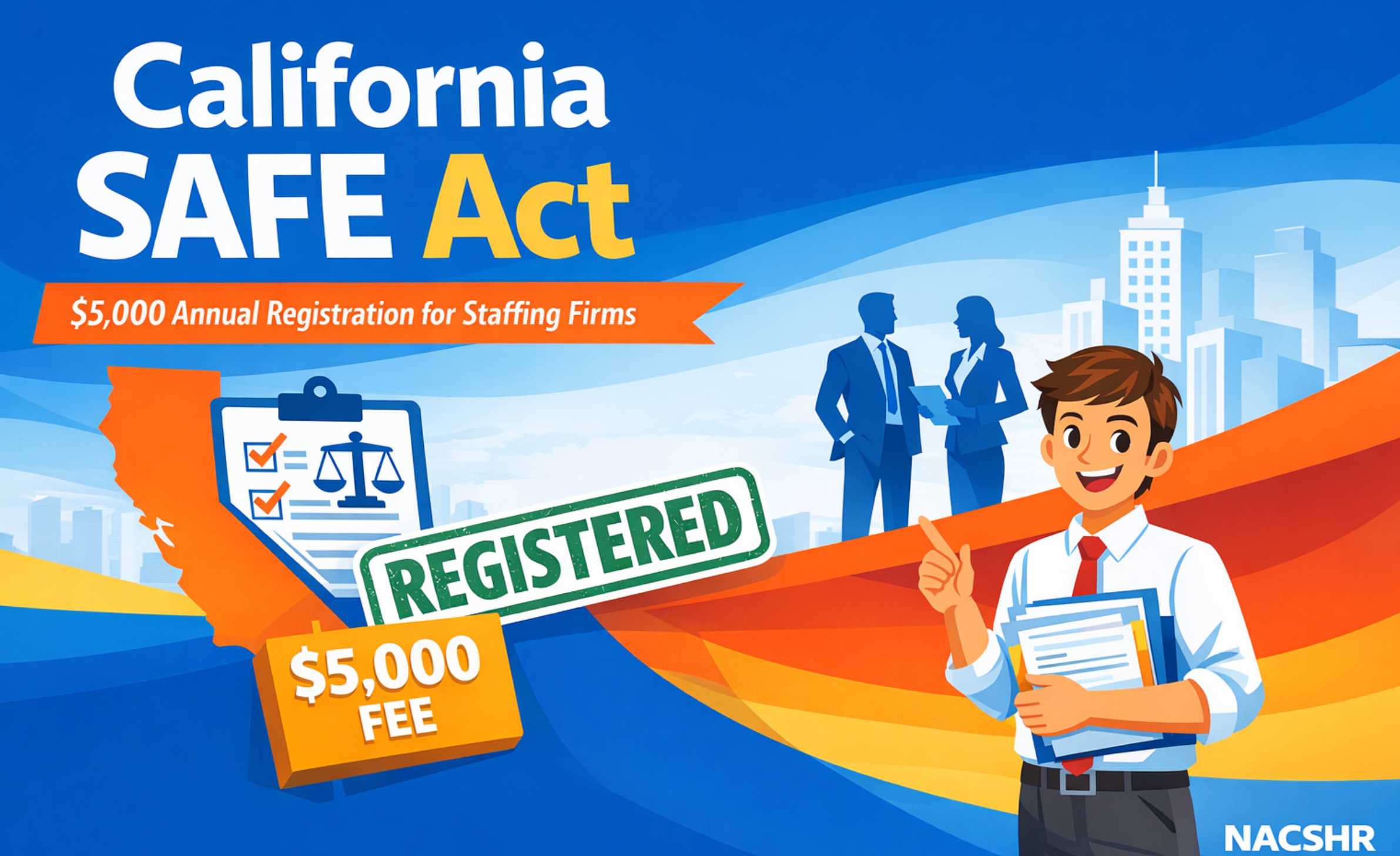
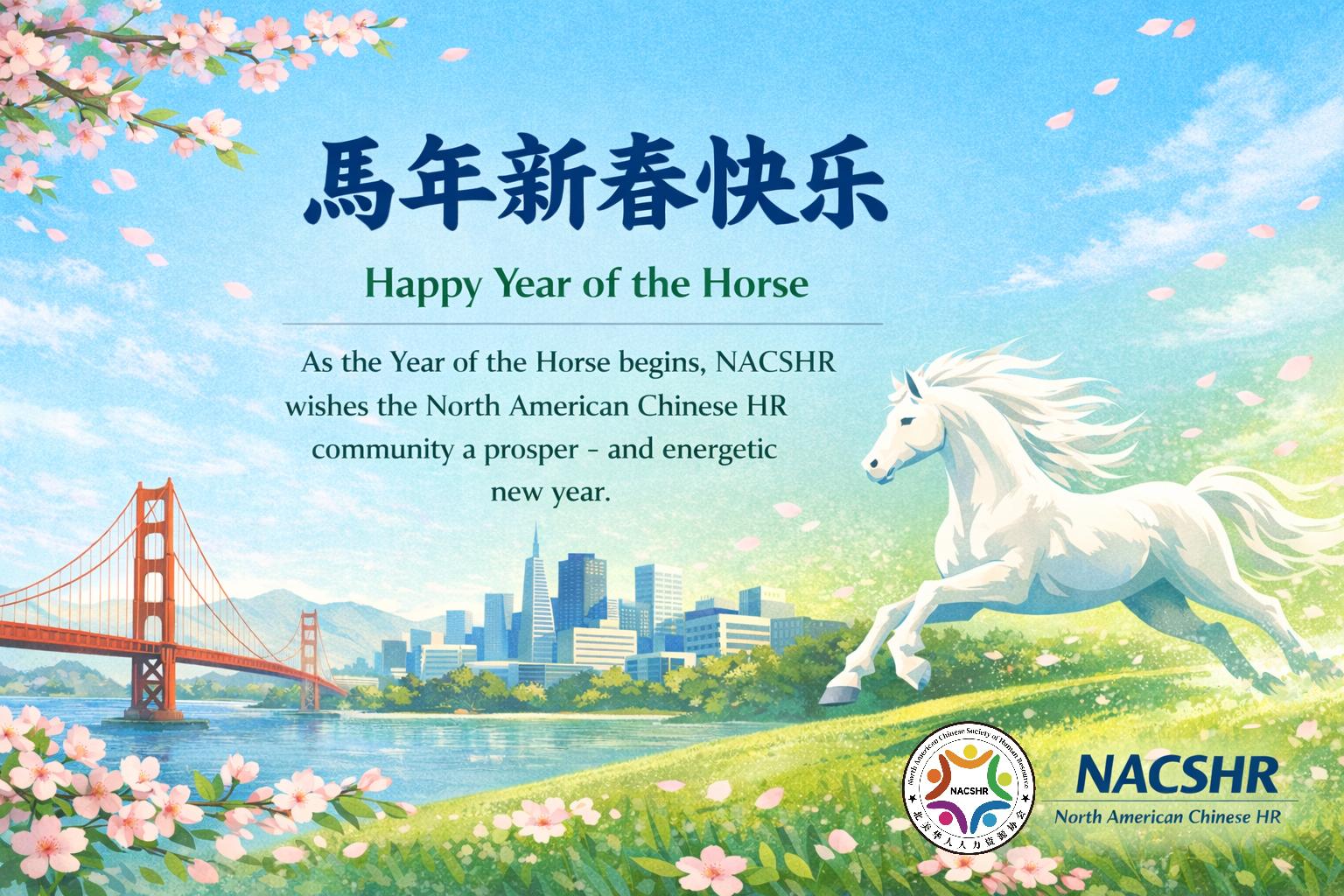
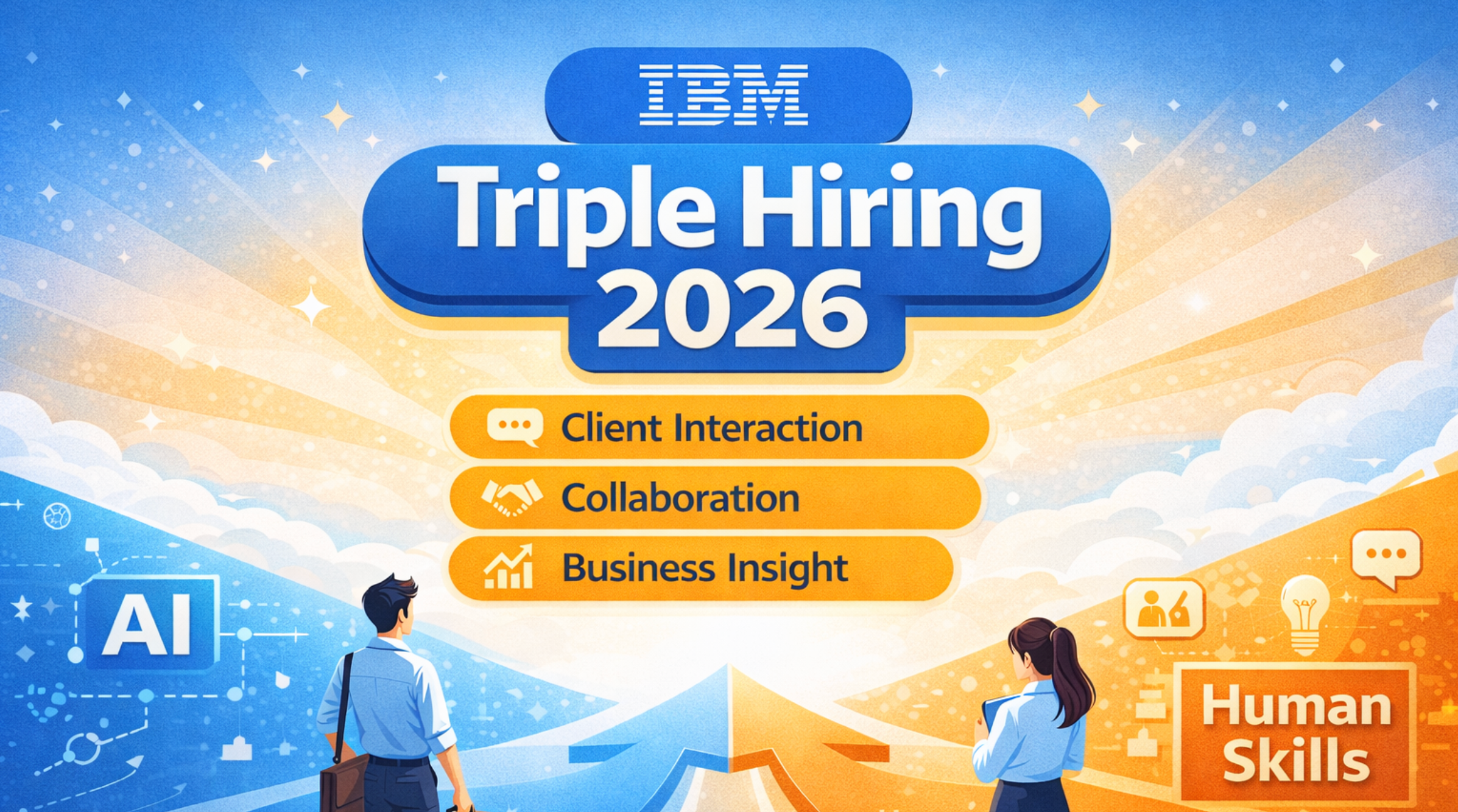
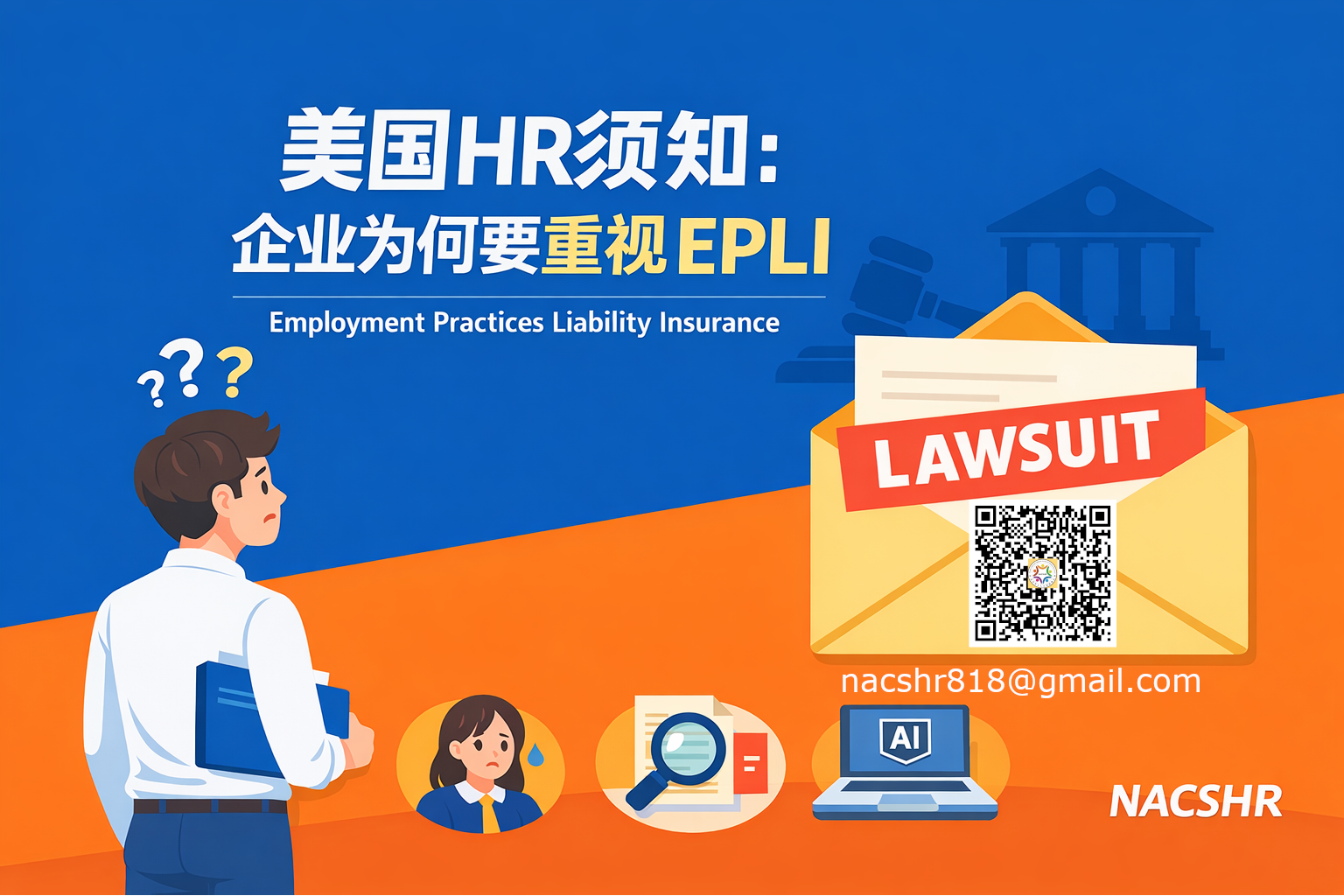
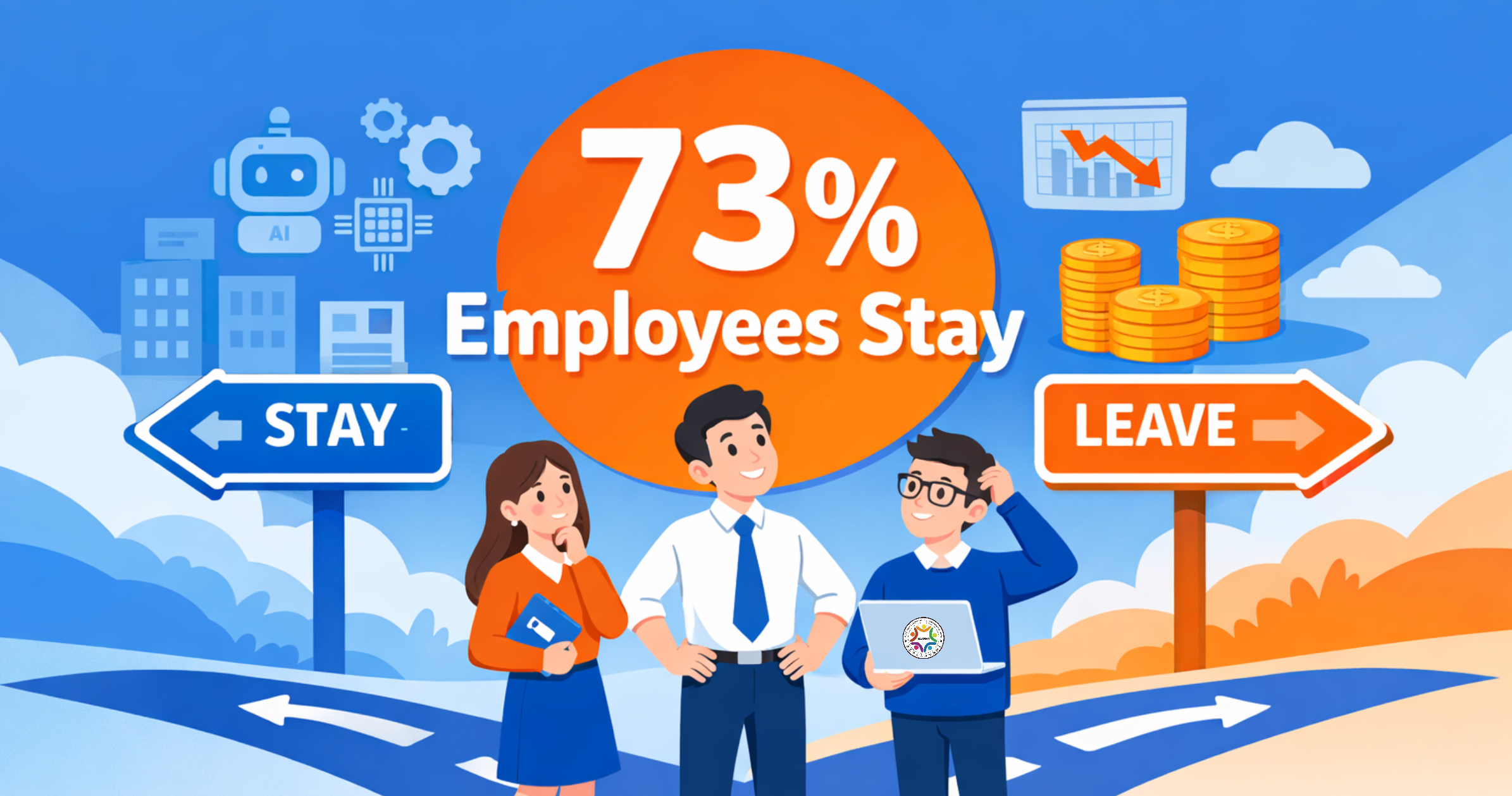
 扫一扫
添加客服
扫一扫
添加客服




